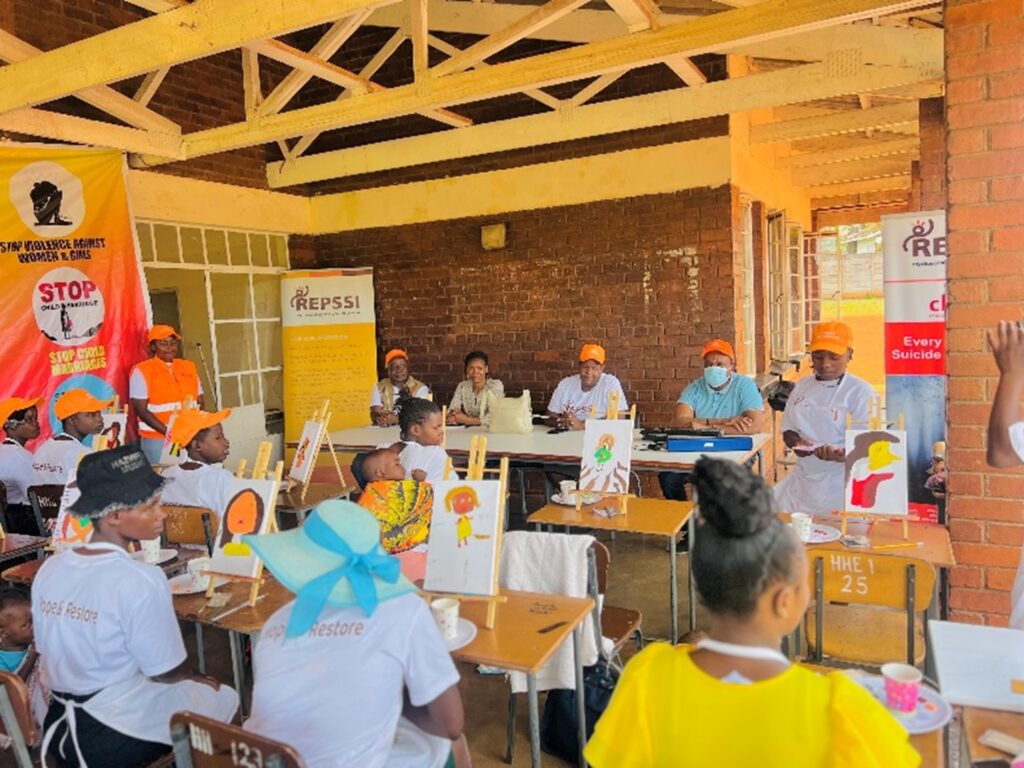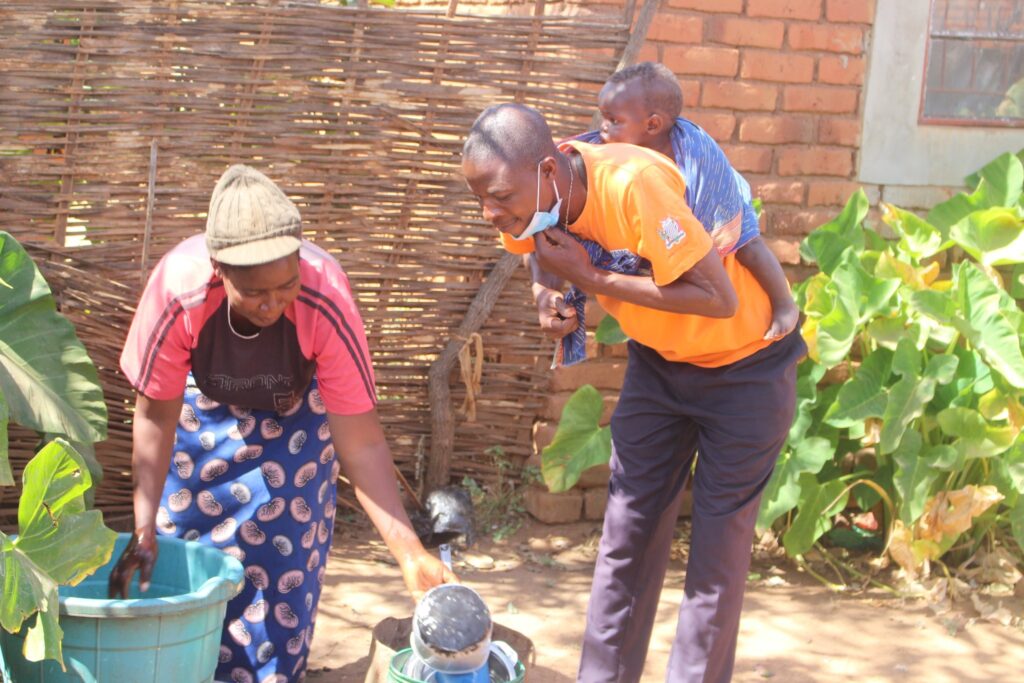
Achieving Better SRHR Outcomes for Young People (15-24 years)
In Zimbabwe, adolescent young mothers face social and mental health challenges, including depression, anxiety, stigma, poverty, and limited access to sexual and reproductive health services. The Achieving Better SRHR Outcomes for Young People (15-24 years) project, funded by SIDA, addresses these issues by providing mental health support, peer-to-peer networks, economic empowerment, and advocacy against harmful cultural practices. The project is implemented in Hatcliffe and Muzarabani and runs from 2022 to 2026. REPSSI’s intervention aims to improve the psychosocial well-being and SRHR knowledge of adolescent parents, creating safe spaces and fostering community-led support for sustainable change.
OUR PROGRAMMING
The Achieving Better SRHR Outcomes for Young People (15-24 years) project aims to improve the mental health, psychosocial well-being, and sexual and reproductive health outcomes for adolescent parents in Hatcliffe and Muzarabani, Zimbabwe. Its purpose is to create safe spaces, raise SRHR awareness, challenge harmful cultural practices, and provide economic empowerment. The project’s objective is to enhance adolescent parents' resilience, reduce stigma, and increase their access to supportive services, fostering long-term, sustainable improvements in their health and livelihoods.

The project built capacity of the community response team through training local community members, including adolescent parents, peer supporters, and community leaders. It offers workshops to enhance understanding of sexual and reproductive health and rights (SRHR), mental health, and economic empowerment. Peer support networks are developed, fostering shared learning and emotional resilience. Additionally, community leaders and health service providers are trained to better address the specific needs of adolescent parents. This capacity-building approach empowers communities to implement sustainable, locally-driven solutions, improving health outcomes and promoting gender equality in Hatcliffe and Muzarabani province in Zimbabwe.
As the Achieving Better SRHR Outcomes for Young People project progresses, beneficiaries, including adolescent parents in Hatcliffe and Muzarabani, are receiving various forms of support. Directly, they participate in peer support groups, attend workshops on SRHR and mental health, and gain economic empowerment through livelihood training. One beneficiary shared, “The workshops have helped me understand my rights and how to protect my health.” Another added, “I now feel more confident and supported in raising my child.” Reports indicate increased mental well-being, reduced stress, and improved access to SRHR services, with participants expressing a greater sense of safety and empowerment.
REPSSI Zimbabwe is learning that the holistic approach is vital for sustained impact. From REPSSI’s perspective, providing both mental health support and SRHR education promotes a deeper sense of well-being among adolescent parents. One team member noted, “We’re seeing a shift in attitudes toward mental health and SRHR.”
Communities are recognizing the importance of safe spaces and peer support, with community leaders observing, “These groups are helping reduce stigma and open dialogue.” Beneficiaries themselves are reporting positive changes, with one mother stating, “I now feel supported and can talk openly about my challenges.” Another added, “I’ve learned how to take care of my mental health while raising my child.” These insights are shaping future program strategies.
